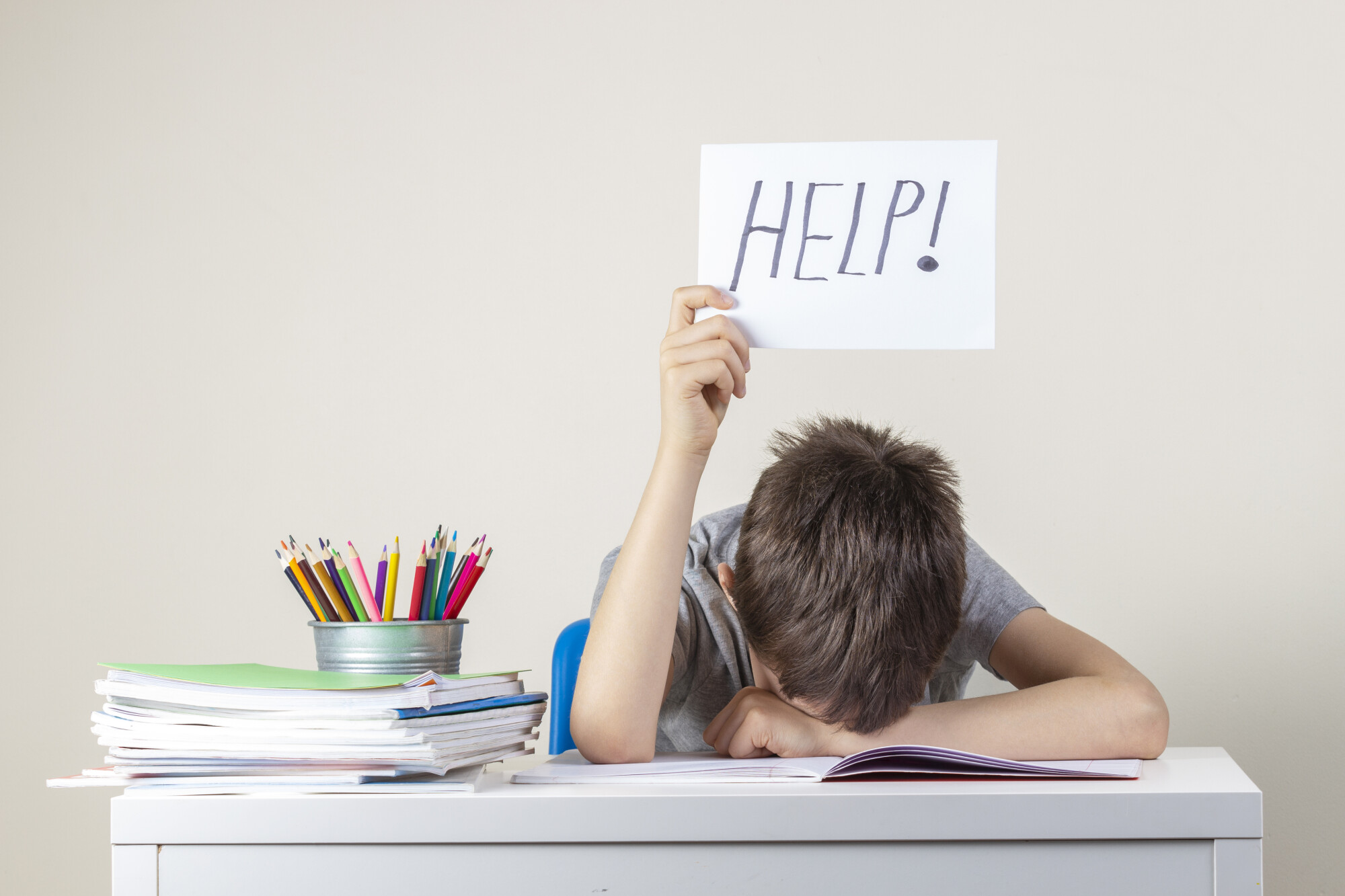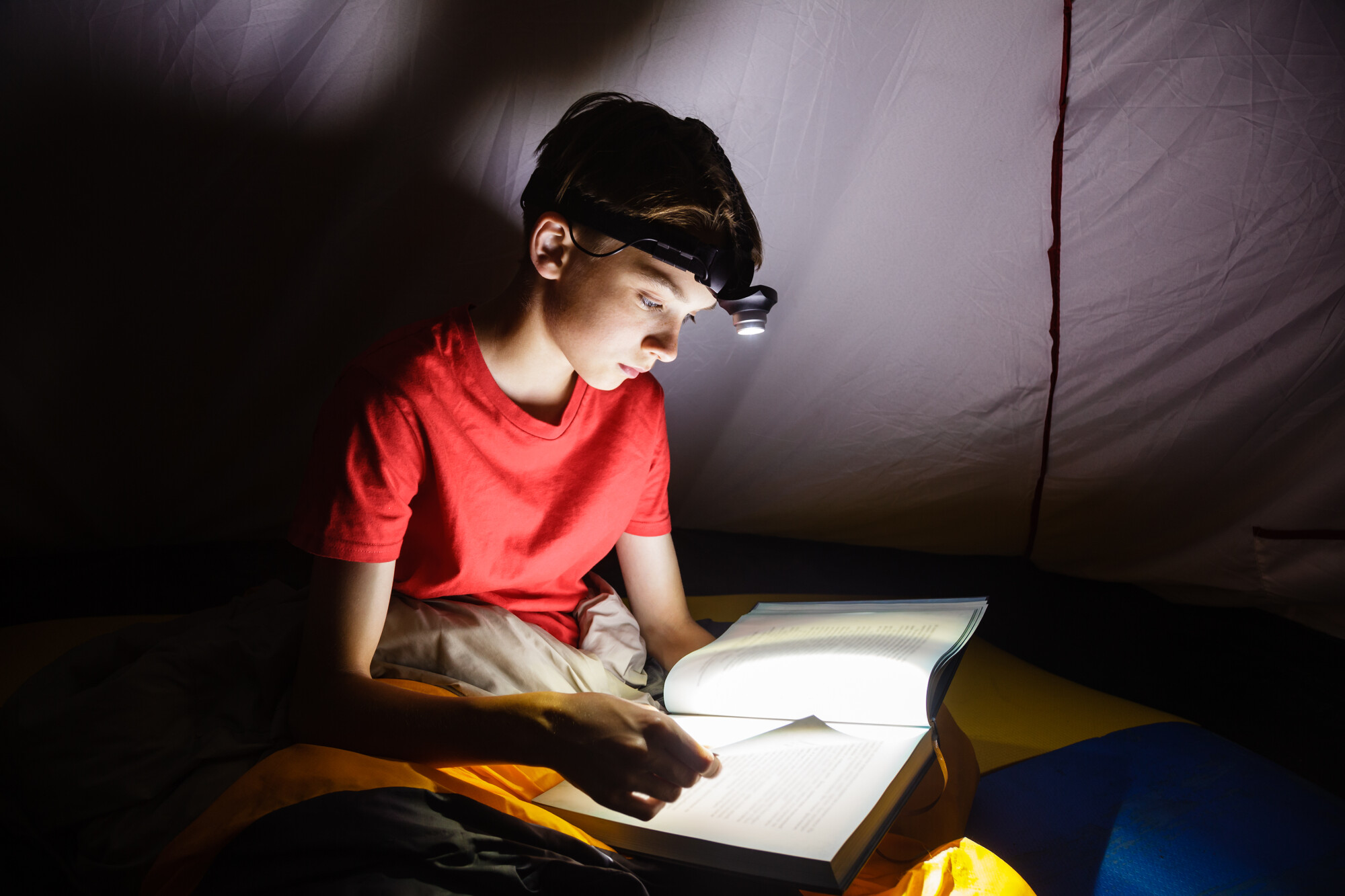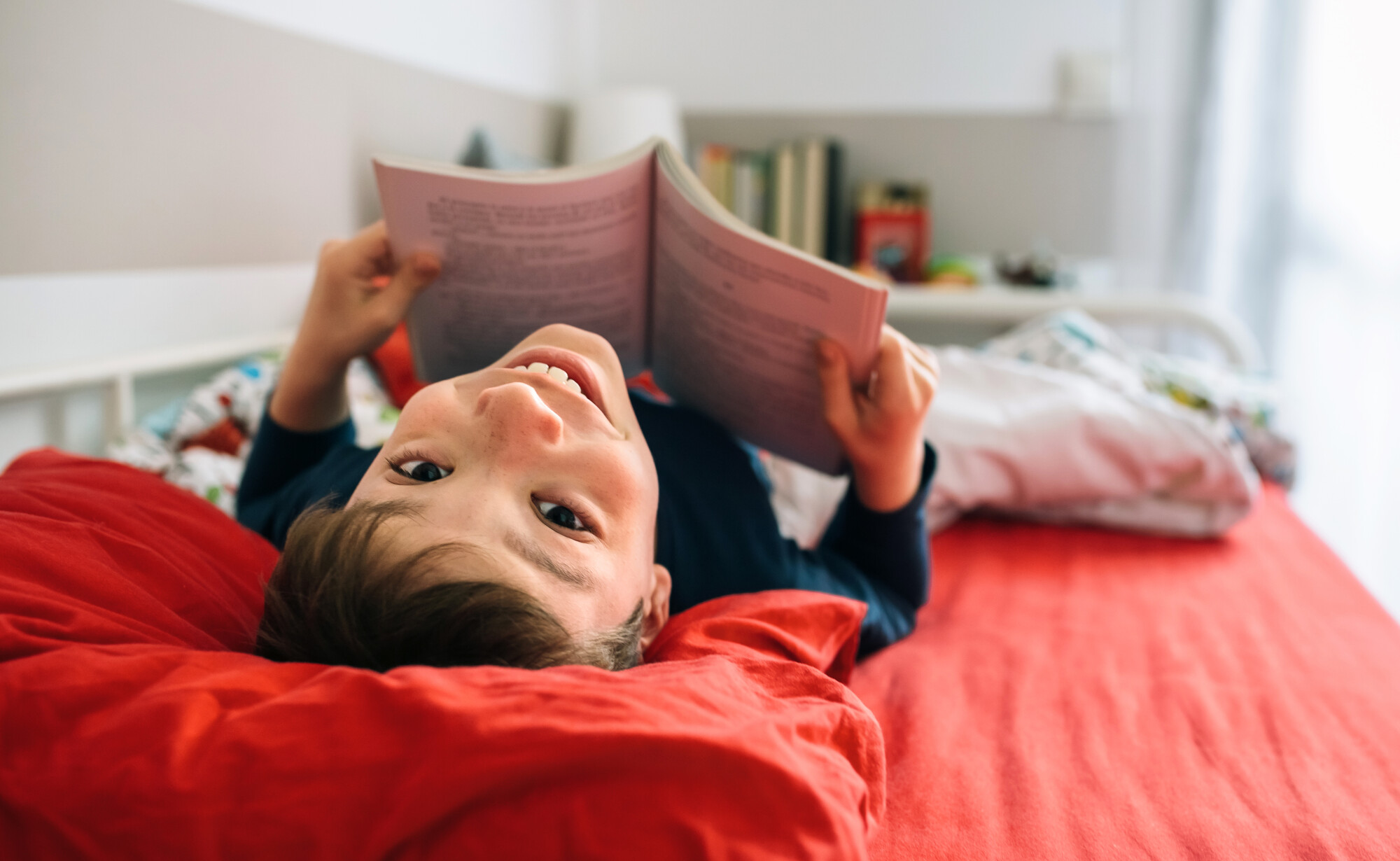I call myself a homeschool dropout. And yet, here I am, homeschooling my own kids, and watching them do amazing things. So what happened?
When I was a freshman in high school, my family decided to start homeschooling. I went from being a straight A student in the public school system to making C's, D's and F's homeschooling. It was so frustrating! I actually went back into the public school system about halfway through my sophomore year.

My mom had 5 kids after me - all homeschooled, and all who went on to successful careers and thriving. They have all continued learning both independently and through structured systems, and done really well in both models. I watched what happened differently with them, compared to how my homeschool experience went.
Back then, we were brand new to the homeschool model, and it wasn't a very popular thing to do at the time, so there weren't a lot of people to learn from. I had a lot of say in what my curriculum looked like, and I chose things that looked most like what I was familiar with - the public school curriculums.
In my personal experience, attempting to do the the standard school model of lecture, homework, quiz, test was a disaster, as it was missing some of the key motivating ingredients - competition and public praise.
My younger siblings schooling focused on experiences, immersion, and personal strengths. They read books, did tons of field trips, and turned everyday experiences into educational opportunities. And they THRIVED!
Homeschool is NOT public school at home. At least it doesn't have to be.
 What I learned from my mom is that her goal with homeschooling was to make sure that her children knew how to read, how to write, and how to do math, and that they developed a love of learning.
What I learned from my mom is that her goal with homeschooling was to make sure that her children knew how to read, how to write, and how to do math, and that they developed a love of learning.We have loved Logic of English for the reading and writing (learn more about why we love it here) and Life of Fred for the math. I have several friends who really love the Singapore Math curriculum. We have enjoyed Story of the World for history, though because of content, we have stopped at book two for now (the third and fourth books are closer to current time, and some of the information in there is disturbing for little ones. For other subjects, like science and geography and such, we typically use some workbooks to build some foundation for them to explore. I like the ones from Evan Moore for most things, and Spectrum for math workbooks.
 The other thing to do is build up a library of things to read. We love ordering Usborne books with our friend - she helps curate a list of things that will keep their interest based on their age and reading level. My husband has taken on the responsibility of bringing them to the library and checking out (and returning) books and movies.
The other thing to do is build up a library of things to read. We love ordering Usborne books with our friend - she helps curate a list of things that will keep their interest based on their age and reading level. My husband has taken on the responsibility of bringing them to the library and checking out (and returning) books and movies. Also, homeschool just doesn’t take as long as regular school day - by a LOT. It’s completely unnecessary to put pressure on yourself to fill the whole day with education. Play is the most amazing teacher. And so are real-life experiences. My favorite teaching moments have happened when I take them shopping, running errands, or to the post office with me. Sometimes we will just take a few hours and go explore nature, or I’ll kick them out into the backyard to use their creativity to occupy themselves. We spend time cooking meals together, or I’ll have them prepare some meals themselves (for just them or the whole family).
Kindergarten work for us was only about 45 minutes to an hour total. We gradually increased the length of time we studied as the years have continued. With one in 6th and one in 4th, they generally spend 2-3 hours total each day studying in books. And then some independent reading time each day.
I have also learned from other homeschool parents to begin our school day helping the littlest children with their work first. When they have had your attention and completed their tasks, they can play quietly nearby (legos or blocks are great here). This helps limit distractions and disruptions. Then we work with the next youngest child, and so on. The older children can be doing whatever work they are capable of accomplishing (typically some of the workbook pages) on their own while you are assisting the younger children, and then move into things that require a little more parent-led instruction for other subjects.
 When it comes to subjects I’m not personally qualified for - foreign languages, music, sports education, we look for local programs and utilize these activities to connect with peers and build friendships. We don’t try to stick to just homeschooling groups - the world is far more diverse than that! We utilize the parks department programs, YMCA classes, camps, and other resources in our area to get involved.
When it comes to subjects I’m not personally qualified for - foreign languages, music, sports education, we look for local programs and utilize these activities to connect with peers and build friendships. We don’t try to stick to just homeschooling groups - the world is far more diverse than that! We utilize the parks department programs, YMCA classes, camps, and other resources in our area to get involved. As far as testing, my personal philosophy is that testing happens all the time. There isn’t a huge need for milestone testing because I’m not keeping up with 20 students' abilities. I have two. I know what concepts they are grasping, and which ones they are struggling with. We slow down when they are struggling, and keep moving when they are getting concepts easily. The only reason thus far I can see for testing would be to practice and learn test-taking skills for the times that they may be in a group education setting and the instructor needs to test to ensure they are learning what they need to. This kind of thing can be done with the outsourced instruction, or through various play activities so that their confidence grows and testing doesn’t cause anxiety, but is viewed as a way to showcase their competence.
I have learned sooo much by homeschooling my boys. Things I never learned in school, and things about myself as a parent and an educator that I’m forever grateful for. Each day is different, and some will be difficult, but they are all so worth it!



















0 Comments